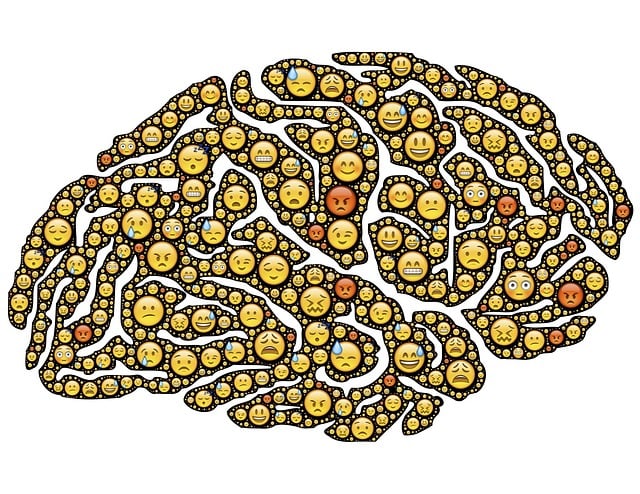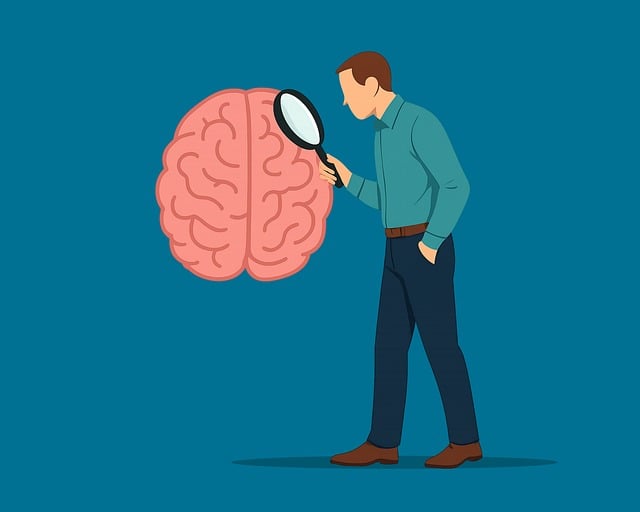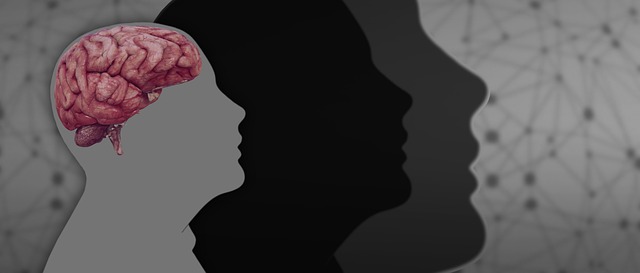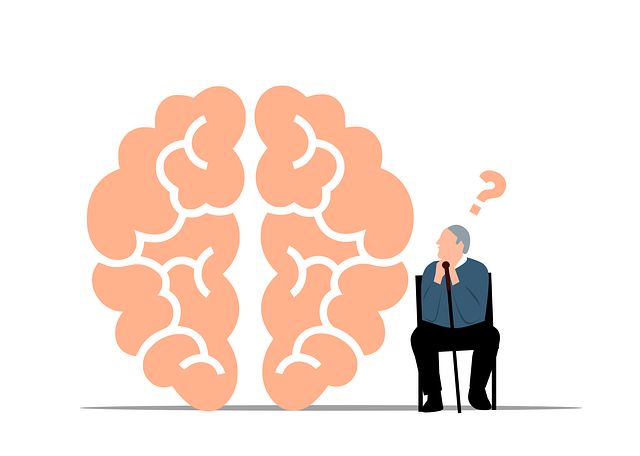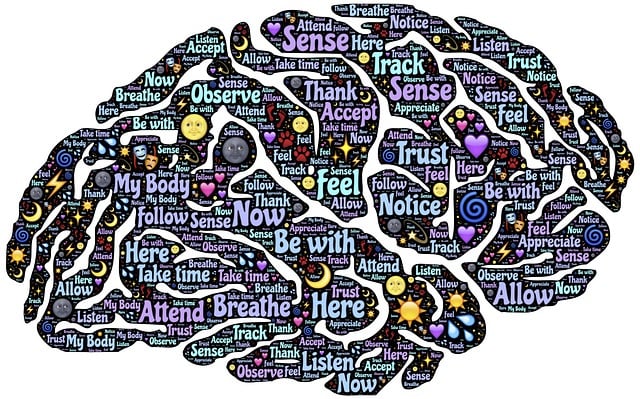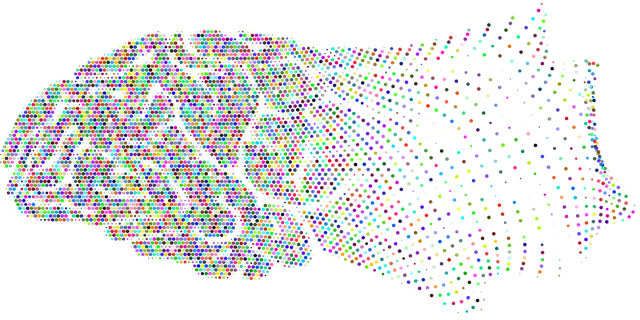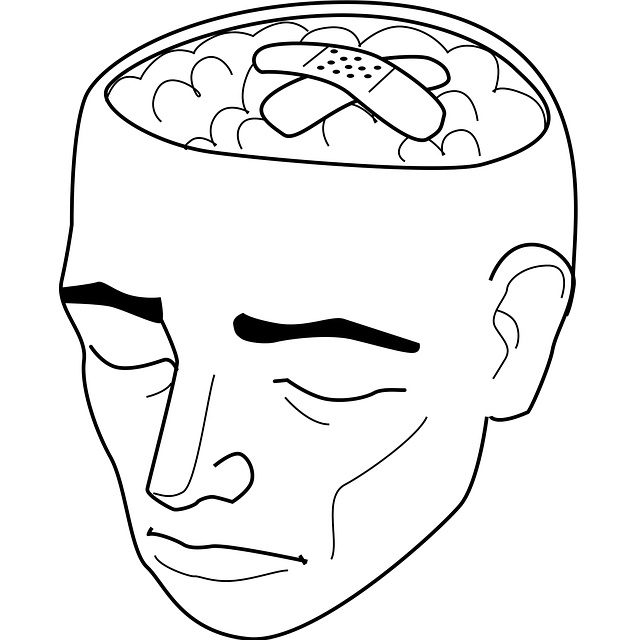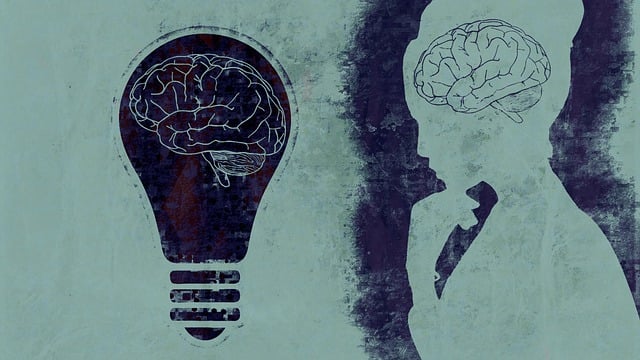Mental wellness self-assessment tools, utilizing evidence-based techniques like Mind Over Matter and Stress Reduction Methods, play a crucial role in understanding emotions and psychology, including signs of Aurora Functional Neurological Disorder (AFND). Developed through collaborative efforts between researchers and therapists, these user-friendly assessments maintain scientific rigor while offering personalized guidance for emotional well-being. AFNDT, focusing on brain function, behavior, and emotions, empowers individuals to build resilience, challenge unhelpful behaviors, reduce stress, and experience personal growth, ultimately fostering mental health. Regular updates ensure these tools align with the latest research, facilitating precise self-assessments that personalize therapy for conditions like AFND.
Mental wellness self-assessment tools play a pivotal role in empowering individuals to take charge of their mental health. In this article, we explore the development of such tools, with a specific focus on the contributions of Aurora Functional Neurological Disorder (AFND) Therapy. We delve into the significance of accurate assessments and how AFND therapy has pioneered effective strategies. Understanding these tools is crucial for fostering mental well-being and navigating life’s challenges effectively.
- Understanding Mental Wellness Self-Assessment Tools
- The Role of Aurora Functional Neurological Disorder Therapy
- Developing Effective and Accurate Assessment Tools
Understanding Mental Wellness Self-Assessment Tools

Mental wellness self-assessment tools play a pivotal role in facilitating individuals’ understanding of their emotional and psychological states. These tools are designed to be user-friendly, providing insights into various aspects of mental health, including stress levels, emotional well-being, and potential signs of underlying disorders like Aurora Functional Neurological Disorder (AFND). By employing evidence-based techniques such as Mind Over Matter principles and Stress Reduction Methods, these assessments offer valuable guidance for personal growth and improved mental resilience.
The development process involves a meticulous balance between scientific rigor and practical application. Researchers and therapists collaborate to ensure that the tools accurately measure psychological constructs while remaining accessible to a diverse range of users. Incorporating feedback from both professionals and individuals seeking Emotional Well-being Promotion Techniques, these assessments continually evolve, becoming more nuanced and effective in supporting mental health initiatives.
The Role of Aurora Functional Neurological Disorder Therapy

Aurora Functional Neurological Disorder Therapy (AFNDT) plays a pivotal role in mental wellness self-assessment and treatment. This therapeutic approach is designed to help individuals navigate complex neurological challenges by focusing on the interconnectedness of brain function, behavior, and emotional responses. AFNDT facilitates a deep exploration of cognitive processes, allowing for a more nuanced understanding of mental health issues. By combining advanced neuroimaging techniques with evidence-based psychological methods, this therapy empowers clients to develop resilience-building strategies tailored to their unique needs.
The process involves enhancing emotional intelligence, which is crucial for stress reduction methods and effective coping mechanisms. Through AFNDT, individuals gain insights into their thought patterns, triggers, and reactions, enabling them to challenge unhelpful behaviors and beliefs. This transformative journey not only alleviates symptoms but also fosters personal growth, equipping folks with the tools to thrive in a dynamic world.
Developing Effective and Accurate Assessment Tools

Developing effective and accurate mental wellness self-assessment tools is paramount in facilitating personalized therapy and treatment plans. These tools play a pivotal role in identifying specific areas of concern, such as symptoms of anxiety or depression, trauma, or even cognitive impairments like Aurora Functional Neurological Disorder (AFND). By utilizing evidence-based methods and incorporating insights from fields like cognitive psychology and neuroscience, therapists can design assessments that capture nuanced aspects of mental health.
Accurate self-assessments are crucial for providing targeted interventions, including those tailored to promote positive thinking and resilience. They enable healthcare professionals to offer appropriate Trauma Support Services, ensuring individuals receive the most effective care for their unique needs. Regularly reviewing and refining assessment tools is essential to keep pace with emerging research and best practices in mental wellness therapy.
Mental wellness self-assessment tools play a pivotal role in empowering individuals to take charge of their mental health. By incorporating innovative approaches like Aurora Functional Neurological Disorder Therapy, these tools can offer nuanced insights and accurate diagnoses. Effective assessment methods not only facilitate early intervention but also foster personalized treatment plans, ultimately enhancing overall well-being.




